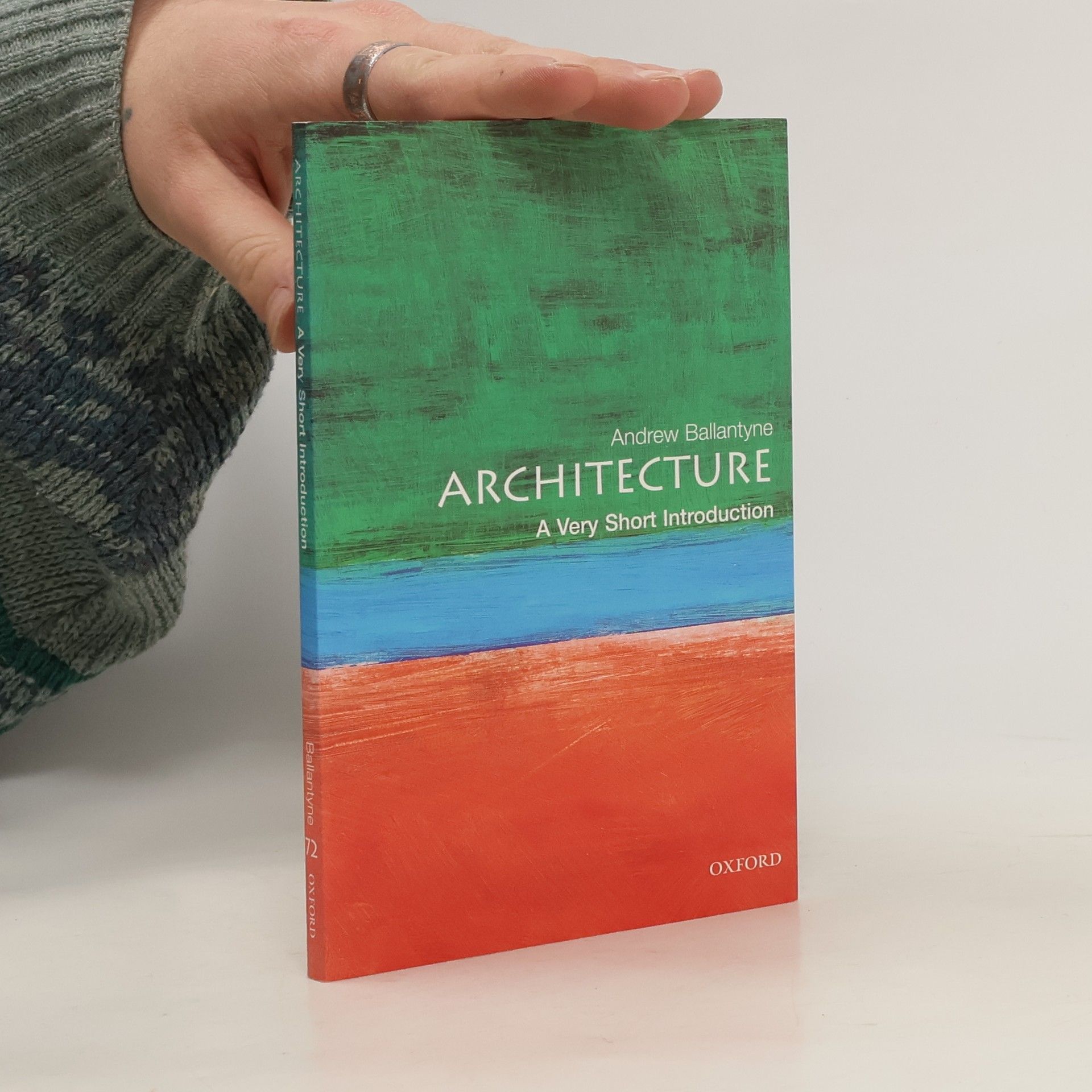This highly original and sophisticated look at architecture helps us to understand the cultural significance of the buildings that surround us. It avoids the traditional style-spotting approach in favour of giving an idea of what it is about buildings that moves us, and what it is that makes them important artistically and culturally.
Andrew Ballantyne Livres





Lavishly illustrated and accessibly written, Classical Architecture takes the reader on a journey through the history of this iconic architectural genre, starting with an introduction to its origins in ancient Greece, through its resurgence across Europe during the Renaissance, to its influence on modern-day architectural design in locations as diverse as Shanghai and Washington DC. Written by Professor of Architecture and established author Andrew Ballantyne, and illustrated with over 100 photographs, this book will prove invaluable to anyone wanting to explore and understand this important and pervasive architectural style. Classical architecture has developed through many styles to become the backbone of western architecture. It was refined in ancient Greece mainly in sacred places. This architecture of finely modelled columns was taken up by the Romans and spread across their empire, changing on the way, so by the time the Roman empire collapsed it had become an architecture of arches and vaults. The monuments were impressive, even as ruins, and inspired imitation in later ages.
Architektura, průvodce pro každého Netradičně pojatý úvod do architektury - od egyptských pyramid až po extravagantní budovu opery v Sydney. Autor čtenáře seznámí nejen s jednotlivými stavebními slohy, ale osvětlí i ekonomický, politický a estetický význam budov. V této knize se mimo jiné dozvíte: - Jak je podoba budov ovlivňována naším pojetím sebe sama - Proč některé stavby hrají ve vývoji architektury mnohem důležitější úlohu než jiné - Jaká bude architektura budoucnosti
Architectuur
- 152pages
- 6 heures de lecture
Korte introductie op de architectuur.